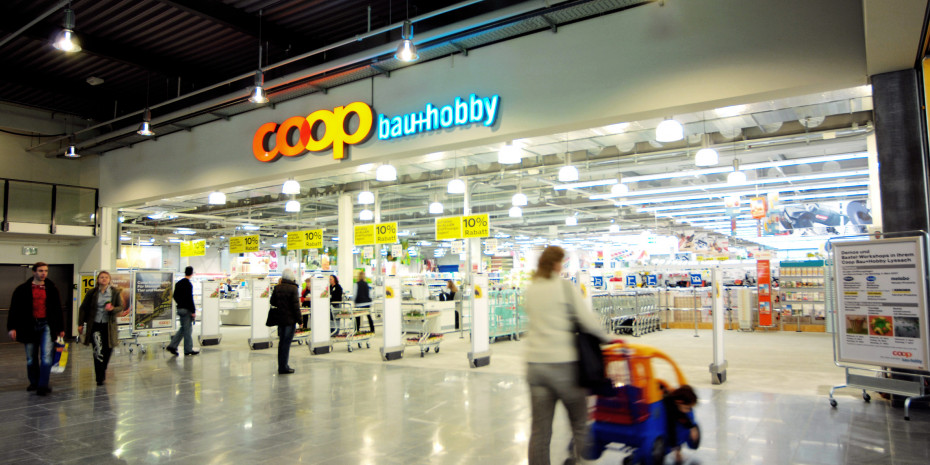In 1959 Gottlieb Duttweiler, founder of Migros, opened the first do-it-yourself specialist store in Switzerland - a year before the opening of Bauhaus and eleven years before the first Obi came on the scene. While the private construction sector was booming in Germany, and building materials for renovation and expansion were gladly snapped up from DIY stores, craftsmen and building material merchants in Switzerland were making profits from renovation and construction projects. Consequently, the Swiss DIY stores e.g. Do it + Garden Migros, Coop Bau + Hobby, Jumbo as well as the Do it Group, only kept a small product assortment in the building materials, building components, tiles or sanitary ware segments. The average sales areas of the Swiss DIY stores were approximately 2 500 m² until 1999. In 1999, the franchisee Migros opened the first Obi DIY store, which constituted quite a novelty in Switzerland given that, until this point in time, there had been no DIY stores comparable to European models, for semi-professional handicraft workers. Since then, Migros has been represented with two different formats and brands and as a result, has been able to cover, not only the large outlets but also the locally based suppliers. Since the German DIY store branches of Hornbach (2002) and Bauhaus (2006) entered the market, the product range and price structuring of the Swiss companies has really been put to a tough test. Since then all the DIY stores have undertaken, more or less successful, efforts to profile their target customers. Thus, Coop Bau + Hobby stores have had a cooperation with Dehner in the garden and plant sector since 2010, likewise the Coop has combined its purchasing power, inter alia, with Baumax, over the procurement organisation Eurobuy. On the whole, up until now, the Swiss market has been characterised by three formats: small outlets up to 3 000 m², medium sized outlets up to 7 000 m² and large outlets from 7 000 m².
Obi acquires further Do it + Garden locations
Following the integration of all existing franchise stores and the opening of a new store in Agno (Ticino) at the beginning of May, …
1. Small outlets with a mix of food, near food and DIY products, and when necessary, combined with a filling station. A typical example is Landi. 2. Small to medium sized outlets with stores either in or near shopping centres or on greenfield sites with a classic assortment of DIY products. A typical example is…




